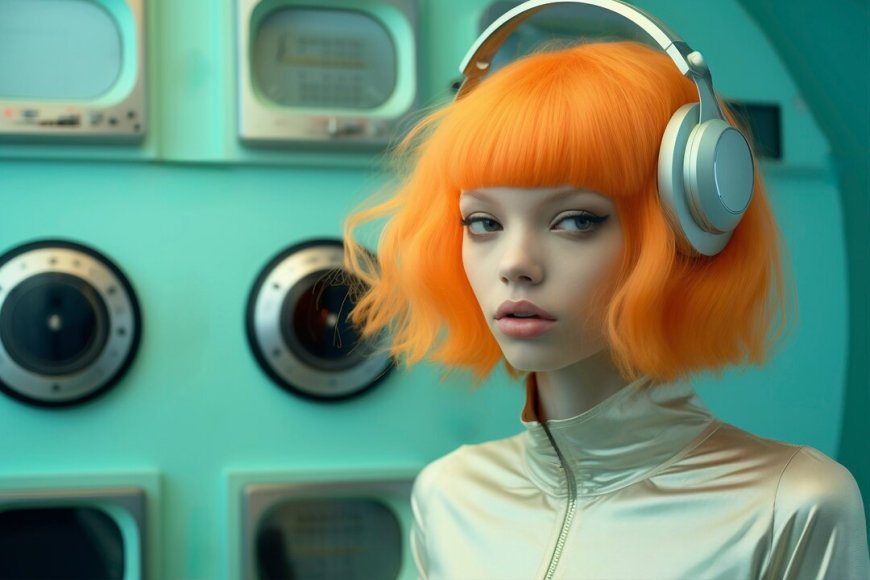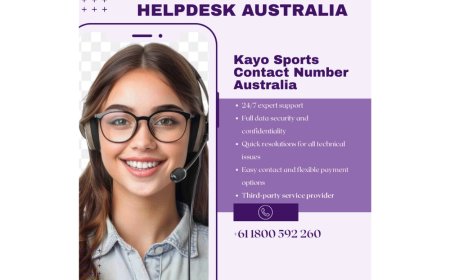The Evolution of Music Creation: Where Human Talent Meets AI Intelligence

In todays rapidly transforming digital landscape, the intersection of human creativity and artificial intelligence (AI) is redefining every creative domainespecially music. What was once solely the realm of trained musicians and sound engineers is now accessible to anyone with a computer and internet connection. The rise of music AI tools, including the AI music video generator and AI music generator from text, has shifted how songs are composed, visualized, and shared.
If you're curious about exploring the future of AI-powered music tools, platforms like CLAILA offer a starting point into this new frontier of musical creativityno hard sell, just an open door to discovery.
A Brief History: From Analog to Algorithm
The evolution of music technology traces a fascinating journeyfrom analog tape machines and vinyl records to digital audio workstations (DAWs), MIDI controllers, and now, AI-driven software. Where once music composition involved hours in a recording studio, modern creators can now generate entire soundtracks in minutes.
AI has introduced an intelligent, real-time dimension to music generation. For instance, AI music generator from text allows users to describe a mood, genre, or theme in words and receive a custom-generated music clip in return. This concept, powered by natural language processing (NLP) and generative AI models, blurs the lines between written language and sound design.
What Is an AI Music Generator?
AI music generators are software tools or platforms that utilize machine learning algorithms to compose music autonomously. These tools analyze thousands of existing music tracks to understand rhythm, chord progression, harmony, instrumentation, and lyrical structure. Over time, they "learn" how to create new compositions based on input parameters.
Some notable applications include:
-
AIVA (Artificial Intelligence Virtual Artist): Focuses on classical and cinematic music composition.
-
Amper Music: Enables users to compose and customize royalty-free music.
-
Boomy: Allows users to create and publish songs to streaming platforms.
-
CLAILA: A rising platform combining AI-generated music with innovative visual creation.
The tech behind these platforms doesnt replace musiciansit enhances their toolkit.
AI Music Video Generator: Sound Meets Vision
The synergy between sound and visuals has never been more seamless. The AI music video generator lets creators transform audio tracks into dynamic, stylistically coherent visuals using generative models.
These tools analyze the beat, mood, and structure of a track and generate corresponding visual elementssuch as animated scenes, abstract effects, or synced typographywithout manual video editing.
Informational Resource:
-
OpenAIs MuseNet: Explains how AI composes multi-instrumental music.
-
Googles Magenta Project: An open-source research project exploring the role of machine learning in the creative process.
AI and Human Collaboration: Augmentation, Not Replacement
Skeptics argue that AI might dilute the authenticity of music. However, AI is not here to replace Beethoven, Beyonc, or Bollywoodits here to collaborate. Think of AI as an intern who has read every song ever written and can help brainstorm ideas 24/7.
Real-world examples of this include:
-
Taryn Southern, who co-produced an album using AI tools.
-
Composer David Cope, who pioneered Experiments in Musical Intelligence (EMI).
-
Platforms like CLAILA, offering user-friendly integrations of music generation and visual pairing.
Artists use AI to draft chord progressions, generate samples, or visualize lyrics. Meanwhile, human talent adds soul, emotion, and narrative depthqualities machines cannot replicate (yet).
Exploring Music AI Tools: Whats Available?
Theres a growing arsenal of music AI tools available for beginners, hobbyists, and professionals alike. These tools range from text-based music composition engines to deepfake voice synthesis and generative music video engines.
Here are some functional categories:
| Tool Type | Example Platforms | Description |
|---|---|---|
| Text-to-Music | CLAILA, Soundful | Users input text to generate music |
| Audio Mastering | LANDR, CloudBounce | AI enhances and masters audio |
| Music Video Generation | Runway, CLAILA | Generates synced visuals to match music |
| Lyric Writing Assistants | These Lyrics Do Not Exist | AI-generated song lyrics in various styles |
Informational Resource:
-
AI and Music Research at Spotify: Explores how Spotify uses AI to recommend and generate music.
-
AI Song Contest: Annual competition where teams use AI to co-create songs.
If youre curious to test these tools, check out CLAILA, which integrates both sound and video generation under a single intuitive dashboardno sign-up required to explore.
Ethical Considerations and Limitations
With great power comes great responsibility. As AI-generated music becomes mainstream, the industry faces ethical challenges:
-
Authorship: Who owns a song created by an algorithm?
-
Authenticity: How can audiences distinguish AI-made vs. human-made?
-
Bias in Datasets: If the training data is limited to Western music, outputs may lack global diversity.
While platforms like CLAILA offer transparency in how music is generated, more regulation and ethical standards will likely emerge to support fair usage and credit attribution.
Real-World Use Cases of AI in Music
Beyond solo creators and hobbyists, AI is finding its place in larger ecosystems:
-
Marketing & Advertising
AI-generated music is used in video ads, explainer videos, and presentationsoffering copyright-safe, affordable soundtracks. -
Gaming & VR
Game developers use AI music generator from text to produce immersive soundscapes based on character actions or level transitions. -
Education
Teachers use AI tools to teach composition, rhythm, and harmonic theory without needing professional instruments. -
Therapeutic Music
Some researchers explore AI-generated music for mental health applications, including stress relief and meditation.
Informational Resource:
-
IEEE Spectrum: The Future of AI in Music: A technical deep dive into how algorithms are shaping musics future.
What's Next for Music and AI?
As language models become more advanced and generative models like OpenAIs GPT and Googles MusicLM evolve, we can expect even more realistic, emotionally resonant, and interactive music systems. Soon, AI may not only create music but also react in real-time, offering interactive concert experiences in AR/VR environments.
Platforms like CLAILA are already pushing boundaries by merging AI music video generator tools with user-centric interfacesmaking sure the art remains in the hands of the creator, not just the coder.
FAQs
1. What is an AI music generator from text?
Its a tool that allows users to input descriptive words (e.g., "uplifting summer vibes") and receive a fully generated music clip aligned with that mood or theme.
2. Are AI music tools free to use?
Some offer free versions or trials, including platforms like CLAILA, Boomy, and Soundful, while others operate on subscription models with advanced features.
3. Can AI generate music videos too?
Yes, with tools like AI music video generator, creators can convert audio into visuals that match the beat, mood, and genre of their track.
4. Is AI-generated music copyrighted?
That depends on the platform. Many tools allow you to own full rights to the output, while others retain licensing. Always read the fine print.
5. Will AI replace musicians?
Unlikely. AI is best viewed as a co-creator or assistant. Human emotion, storytelling, and cultural nuance still remain irreplaceable.
Final Thoughts
The fusion of AI intelligence with human artistry is redefining whats possible in music creation. Whether you're a seasoned producer or someone curious to dabble in sound, the tools now available are democratizing the art form. From AI music generator from text to visually rich AI music video generator platforms, the line between idea and execution is getting shorterand smarter.
If youre ready to explore the potential of these technologies, start your journey with platforms like CLAILA, where music meets imagination through machine intelligence.












































